
India considers additional steel import duties: Update

Deliberations started a few months ago following a complaint by the Indian Steel Association (ISA), which represents the country's six large integrated steel producers. The ISA and secondary steel producers have submitted all information requested by the DGTR in this case, according to the ministry.
But the DGTR website does not show notices for any broad investigation on steel imports, although it is carrying out an investigation on narrower categories of imports such as stainless steel flat products and pipes.
Talk of impending safeguard duties have put off overseas sellers from offering cargoes into the Indian market and encouraged domestic mills to hold on to their offer prices, despite a sharp fall in downstream demand. The likelihood of a broad safeguard duty are low as there has been no significant dent in the profitability of domestic mills to warrant such as move, while there already are existing anti-dumping duties on steel.
Steel-consuming sectors such as engineering and automobiles are opposed to any additional duties for steel imports as these will lift their cost of production amid a slowing economy.
Indian steel producers are pushing for a 25pc safeguard duty on steel imports along the lines of the Section 232 tariff imposed by the US last year.
Domestic producers are concerned about higher inflows of flat steel from Japan and South Korea, which have free trade agreements (FTAs) with India and are exempt from basic customs duties on steel products. Shipments of finished steel from FTA countries such as South Korea, Japan and Indonesia contributed to around 54pc of India's total finished steel imports of 7.72mn t in July 2019, according to the steel ministry.
Domestic steel demand in India has been hit by a broader economic slowdown, particularly in the real estate and automobile sectors — key drivers of steel consumption growth. Demand has also been slower from the infrastructure industry, the biggest steel consuming sector, as the country's liquidity crunch holds up projects.


Uzbek gold miner said to eye $20 billion value in dual listing

Peabody–Anglo $3.8B coal deal on the brink after mine fire

A global market based on gold bars shudders on tariff threat

Minera Alamos buys Equinox’s Nevada assets for $115M

SSR Mining soars on Q2 earnings beat

Century Aluminum to invest $50M in Mt. Holly smelter restart in South Carolina
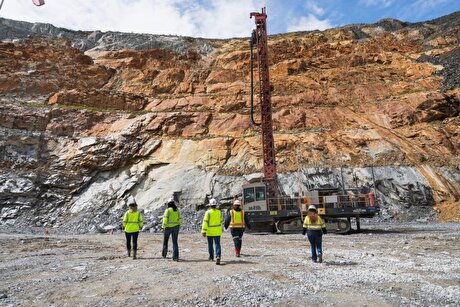
OceanaGold hits new high on strong Q2 results
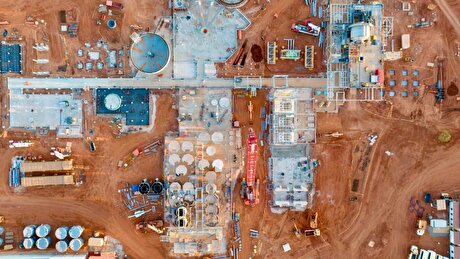
Australia to invest $33 million to boost Liontown’s Kathleen lithium operations

China limits supply of critical minerals to US defense sector: WSJ
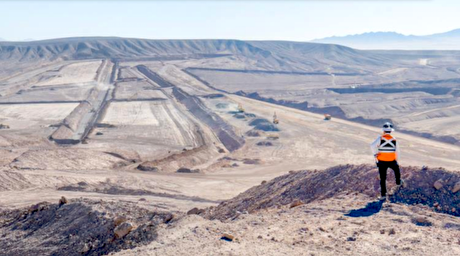
Antofagasta posts biggest profit margins since 2021
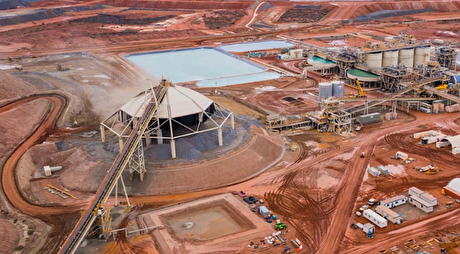
Gold Fields nears $2.4B Gold Road takeover ahead of vote

US startup makes thorium breakthrough at Department of Energy’s Idaho National Lab
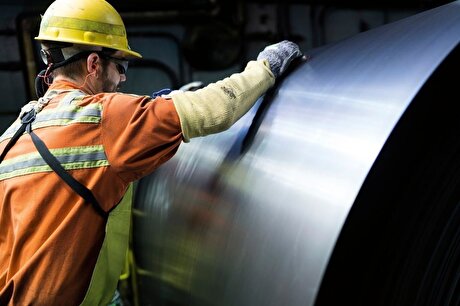
Cleveland-Cliffs inks multiyear steel pacts with US automakers in tariff aftershock

Bolivia election and lithium: What you need to know
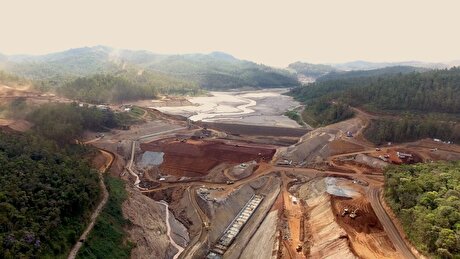
Samarco gets court approval to exit bankruptcy proceedings
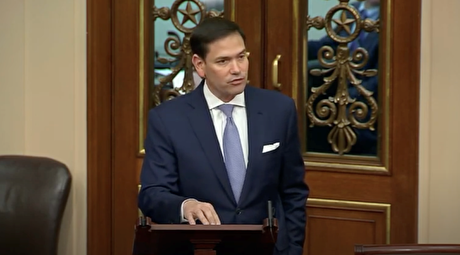
US eyes minerals cooperation in province home to Reko Diq
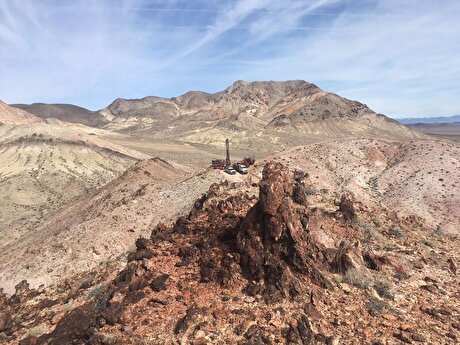
Allegiant Gold soars on 50% financing upsize

Explaining the iron ore grade shift

Metal markets hold steady as Trump-Putin meeting begins

Antofagasta posts biggest profit margins since 2021

Gold Fields nears $2.4B Gold Road takeover ahead of vote

US startup makes thorium breakthrough at Department of Energy’s Idaho National Lab

Cleveland-Cliffs inks multiyear steel pacts with US automakers in tariff aftershock

Bolivia election and lithium: What you need to know

Samarco gets court approval to exit bankruptcy proceedings

US eyes minerals cooperation in province home to Reko Diq

Allegiant Gold soars on 50% financing upsize

Explaining the iron ore grade shift














